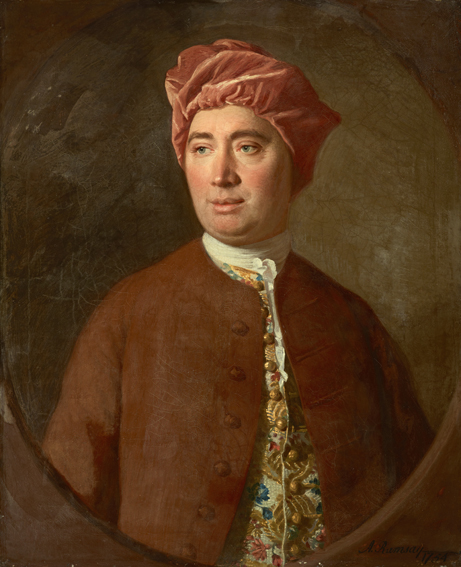David Hume was a Scottish philosopher, historian, economist, and essayist known for his work in empiricism and skepticism. He was one of the most important figures in the Scottish Enlightenment. David Hume is often grouped with John Locke, George Berkeley, and other British empiricists.
His first philosophical work was “A Treatise of Human Nature” where he strove to create a total naturalistic science of man that examined the psychological basis for human nature. He concluded that desire rather than reason governed the human behavior, saying “Reason is, and ought only to be the slave of the passions”1.

Hume advocated a compatibilist theory of free will that was influential on subsequent moral philosophies. He was also a sentimentalist who held that ethics are based on feelings rather than abstract moral principles1.
Immanuel Kant credited Hume with reenergizing him and Hume has proven influential on subsequent theories of utilitarianism, logical positivism, philosophy of science, and cognitive philosophy. Additionally, David Hume pioneered the essay as a literary genre. He engaged with intellectuals such as Jean-Jacques Rousseau, Adam Smith, James Boswell, Joseph Butler, and Thomas Reid.
Hume attended the University of Edinburgh at the unusually early age of twelve. He first considered a career in law, but changed his career path after reading about the Roman philosophers Cicero and Virgin. He came to hate the professors of his time, telling a friend in 1735, “There is nothing to be learnt from a Professor, which is not to be met with in books”1.
David Hume died in 1776 in Edinburgh from some form of abdominal cancer.
Reference:
1. "Great Thinkers of the Scottish Enlightenment." BBC News. BBC, n.d. Web. 23 Nov. 2013.
© BrainMass Inc. brainmass.com April 17, 2024, 8:12 am ad1c9bdddf